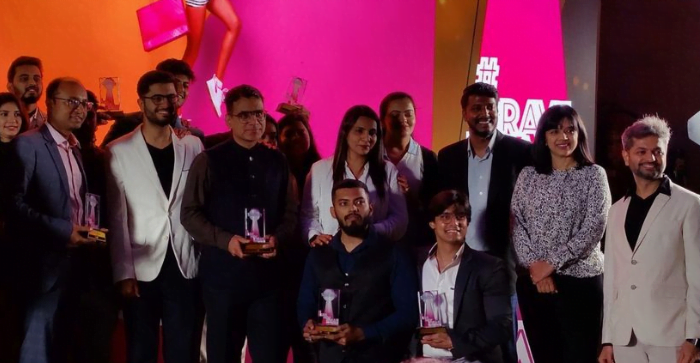The Client
Having been established in 1955, Metro Shoes takes great pride in its extensive network of stores across 144 cities and an online platform providing exclusive fashion footwear and accessories. Its range of products includes casual footwear, work wear and embellished styles for parties, festivals and weddings for the whole family. Moreover, it offers a broad range of handbags, wallets, belts and other accessories. Metro’s footwear range is specially curated based on different regional tastes in India. And lastly, it serves consumers in the mid and premium segments.
The Objective
Metro Shoes began to observe a significant decline in its organic traffic. Knowing what is causing an increase or reduction in traffic is a valuable ability and thus the brand began focusing on overhauling the website to drive more traffic and customers than ever before.
Therefore, the following objectives were formulated:
- Regain the keyword rankings positions.
- Regain the overall impressions & clicks.
- Improve crawling & indexing.
- Fix important SEO elements accociated with rendering issues.
- Serve major HTML attributes as per web standards.
The aforementioned objectives will not only enable us to foresee losses and adjust the SEO approach to prevent downward movements, but it will also enable us to recognize successes as a result of the excellent SEO modificarions!
The Challenge
While conducting a technical audit, we noticed a decrease in website clicks and impressions while also observing an improvement in our average position. We discovered that all of the pages’ canonical elements were being rendered on the client side when determining what is generating this common pattern in search analytics.
The canonical tags matched the website version of every page on the website, just like the pages themselves. However, all of the pages in the website version had their canonical tags updated to those in the non-website version. Due to the non-website version pages becoming the preferable version in the eyes of the Google bot, these pages were de-indexed from the SERP as a result.
In addition, we learned that the 301 redirects from website version URLs to non-www version pages had been eliminated. As a result, both users and bots were able to view all content on pages with a non-website version.
The Solution
After identifying the above-mentioned issues, we managed to:
- Rectify canonical tags for all the website version pages.
- Implement server-side rendering for the canonical elements and use proper 301 redirections.
The Result
After resolving challenges with the above-mentioned solutions, we managed to regain organic traffic and garner sales without any hiccups.



Business & Industrial
Our Solutions
How useful was this post?
0 / 5. 0














